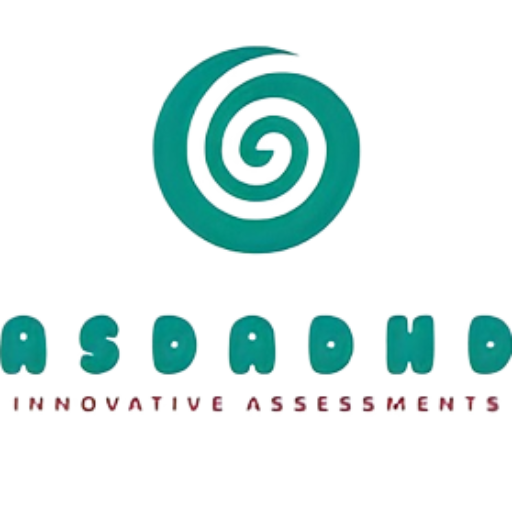Adhd Symptoms in Children
Understanding ADHD in Children: Symptoms, Signs, and Strategies
Attention-Deficit/Hyperactivity Disorder (ADHD) is a common neurodevelopmental condition that affects many children. ADHDDoctor, with clinics across Ireland, specializes in autism assessments and ADHD evaluations. In this guide, we’ll delve into ADHD in children, its symptoms, signs, and effective strategies for managing it.
What is ADHD in Children?
Defining ADHD
ADHD is a neurodevelopmental disorder characterized by persistent patterns of inattention, hyperactivity, and impulsivity. It can significantly impact a child’s academic, social, and emotional development.
ADHD Symptoms in Children
1. Inattention
Difficulty Focusing: Children with ADHD may have trouble paying attention to tasks, often making careless mistakes.
Forgetfulness: Forgetfulness about daily activities and responsibilities is common.
Easily Distracted: They can be easily distracted by unrelated stimuli, which affects their ability to complete tasks.
2. Hyperactivity
Restlessness: Children with ADHD often exhibit excessive restlessness and may have difficulty sitting still.
Talkativeness: They may talk excessively, interrupt others, or blurt out answers inappropriately.
3. Impulsivity
Impulsive Actions: Acting without thinking about the consequences is a hallmark of ADHD. This can lead to accidents or social difficulties.
Difficulty Waiting: Children with ADHD often struggle to wait their turn in activities or conversations.
Signs of ADHD in Children
1. Academic Struggles
Poor Focus in School: Difficulty paying attention in class can lead to academic underachievement.
Homework Challenges: Completing homework assignments may be a daily battle.
2. Social Difficulties
Impulsivity in Social Situations: Impulsive behavior can lead to problems in forming and maintaining friendships.
Interrupting Others: Children with ADHD may have trouble waiting for their turn in conversations.
3. Emotional Dysregulation
Mood Swings: Frequent mood swings and emotional outbursts can be common.
Frustration and Low Self-Esteem: The challenges of ADHD can lead to feelings of frustration and low self-esteem.
Strategies for Children with ADHD
1. Behavioral Interventions
Behavior Modification: Implementing a rewards and consequences system can help manage behavior.
Structured Routine: Creating a consistent daily routine can provide a sense of predictability.
2. Medication
Prescribed Medications: Some children may benefit from medication prescribed by a healthcare professional.
Regular Monitoring: Medication should be closely monitored by a healthcare provider to assess effectiveness and side effects.
3. Parent and Teacher Collaboration
Open Communication: Regular communication between parents and teachers can help in understanding and supporting the child’s needs.
Individualized Education Plan (IEP): Schools can develop IEPs tailored to the child’s specific requirements.
4. Therapy
Behavioral Therapy: Cognitive-behavioral therapy (CBT) can help children learn strategies to manage impulsivity and improve focus.
Family Therapy: Involving the family in therapy sessions can enhance understanding and support.
FAQs about ADHD in Children
1. Can ADHD Be Diagnosed in Small Children?
Yes, ADHD can be diagnosed in young children, but the process involves a comprehensive assessment by healthcare professionals.
2. Are Natural Remedies Effective for ADHD in Children?
While some natural remedies may provide symptom relief, it’s crucial to consult with a healthcare provider before using them.
3. What Are Common ADHD Medications for Children?
Common medications include stimulants like methylphenidate and non-stimulants like atomoxetine.
4. Can ADHD Coexist with Autism in Children?
Yes, ADHD can coexist with other conditions like autism. It’s essential to address each condition individually.
5. How Can Parents Help Their Child with ADHD?
Parents can provide a structured routine, communicate openly with teachers, and consider behavioral therapy or medication when necessary.
Supporting Children with ADHD
ADHD in children requires a tailored approach, considering each child’s unique needs and circumstances. With the right strategies, support, and professional guidance, children with ADHD can thrive academically, socially, and emotionally. ADHDDoctor, with its locations across Ireland, is here to assist in assessing and supporting children with ADHD. Don’t hesitate to reach out for comprehensive evaluations and guidance on managing ADHD symptoms in children.
